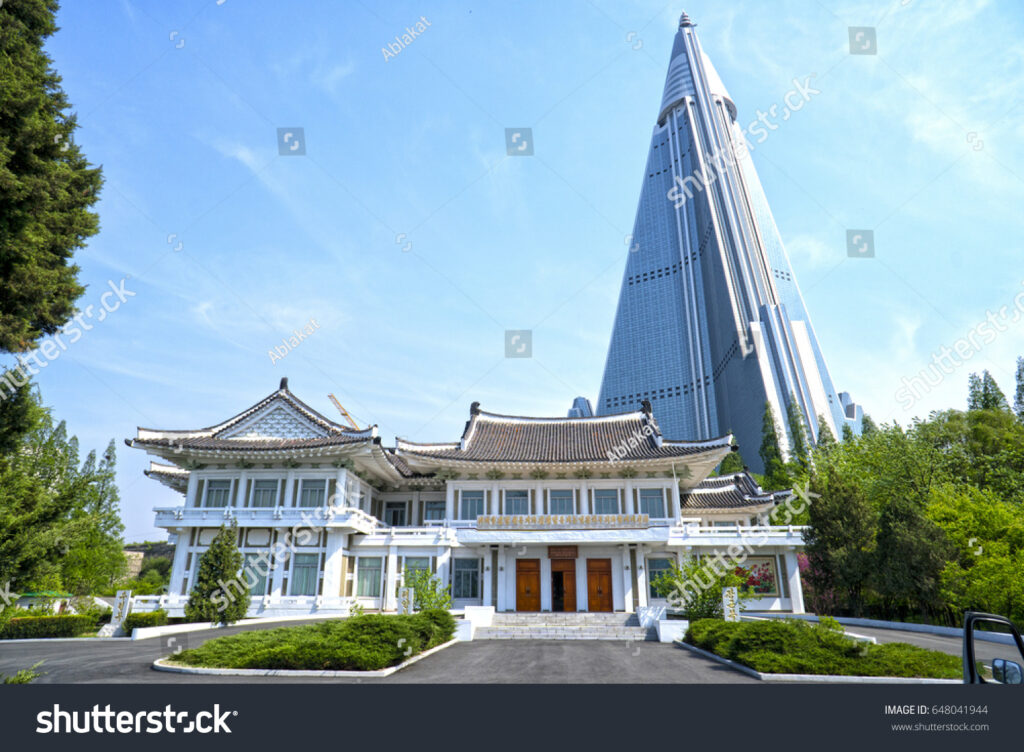Pyongyang Embroidery Institute: An Introduction to the Ancient Art of Korean Embroidery
When it comes to traditional Korean art, the Pyongyang Embroidery Institute stands out as a unique example of the long-standing Korean embroidery traditions. Located in the North Korean capital of Pyongyang, the institute is the world’s leading authority on the subject, offering a wide range of classes and workshops aimed at teaching the intricate art of embroidery to both locals and visitors alike.
Established in 1965, the Pyongyang Embroidery Institute has been at the forefront of the traditional Korean embroidery art form for decades. The institute is dedicated to preserving the ancient embroidery techniques and styles which have been passed down through generations of Korean culture. Many of the traditional designs used in the embroidery classes have been passed down from the Joseon Dynasty era, which spanned from 1392 – 1897.
History of the Pyongyang Embroidery Institute
The Pyongyang Embroidery Institute was founded in 1965 as part of North Korea’s national campaign to promote traditional Korean arts and culture. Since its inception, the institute has been dedicated to preserving the ancient art of embroidery and passing down its techniques and designs to generations of North Koreans.
The institute is headed by the renowned embroiderer An Hui-Chun, who has been running the institute since its founding. An Hui-Chun is the author of several books on the subject of traditional Korean embroidery, and is a member of the International Embroidery Institute.
The institute offers a range of courses and workshops for both local and international students, with classes ranging from beginner to advanced levels. The courses are designed to teach the basics of embroidery, as well as more intricate techniques such as fine-line embroidery and couching.
Embroidery Techniques at the Pyongyang Embroidery Institute
The Pyongyang Embroidery Institute is renowned for its dedication to preserving the traditional Korean embroidery techniques which have been passed down from the Joseon Dynasty era. The institute teaches a range of different embroidery techniques, including:
- Couching: A technique which involves using a thicker thread to outline a design and then filling in the outline with a finer thread.
- Satin Stitch: A type of stitch used to fill in large areas of a design.
- Chain Stitch: A type of looped stitch used to create intricate patterns and designs.
- French Knots: A type of stitch which creates small knots in the fabric.
- Applique: A technique which involves adding fabric onto another piece of fabric to create a design.
- Fine-Line Embroidery: A type of embroidery which uses very fine thread to create intricate designs.
Visiting the Pyongyang Embroidery Institute
The Pyongyang Embroidery Institute is open to the public and welcomes visits from both locals and visitors. The institute offers a range of classes and workshops, which can be booked in advance. It is also possible to purchase a range of embroidery supplies and fabrics at the institute, including traditional Korean embroidery fabrics, threads, needles, and tools.
Although the institute is open to the public, visitors should be aware that North Korea has strict regulations when it comes to photography. It is not allowed to take photographs of anything related to the military or the government, and it is also not permitted to take photos of people without their permission.
Conclusion
The Pyongyang Embroidery Institute The Pyongyang Embroidery Institute, located in the North Korean capital of Pyongyang, serves as a bastion of traditional Korean embroidery, dating back to its establishment in 1965. Led by renowned embroiderer An Hui-Chun, the institute prioritizes the preservation and transmission of ancient embroidery techniques inherited from the Joseon Dynasty era (1392-1897). Offering courses from beginner to advanced levels, the institute covers various techniques like couching, satin stitch, chain stitch, French knots, appliqué, and fine-line embroidery. Open to the public, the institute welcomes both local and international visitors, providing classes, workshops, and embroidery supplies. However, visitors should be mindful of North Korea’s strict photography regulations. In essence, the Pyongyang Embroidery Institute stands as a guardian of Korea’s rich embroidery heritage, inviting enthusiasts to delve into its intricate artistry.

